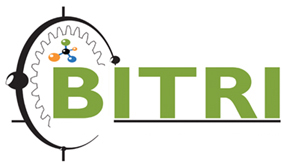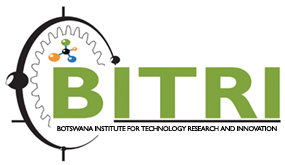Security and Forensic
In recent years the availability of inexpensive, portable and overall highly usable multimedia devices (such as mobile phones, cameras, and digital recorders) has increased the possibility of generating digital audiovisual data without any time, location and network related constraints. The versatility of the digital support allows copying, editing, and distributing the multimedia with little effort. Consequently the authentication and validation of a given content have become more and more difficult due to the possible diverse origins and potential alterations. Digital videos and photographs can be no longer considered as proof of evidence since their origin and integrity cannot be trusted. Significant research effort has been recently devoted to the forensic analysis of multimedia data.

In particular several approaches target the possibility of validating, detecting alterations and recover a chain of processing steps from the digital camera or audio recorders. Recently the Botswana law allows usage of multimedia information as possible evidence in the court of law, and therefore forensic expertise will form a crucial support for the justice department.
Objectives
The mission is to engage in and research new techniques to better help the justice department in
• Appropriate digital evidence collection and handling
• Authentication and Validation
• Signal processing to expose key issues from recordings
• Expert presentations of the findings
• Training of responsible officers
• Public awareness of requirements for Forensic Digital evidence

